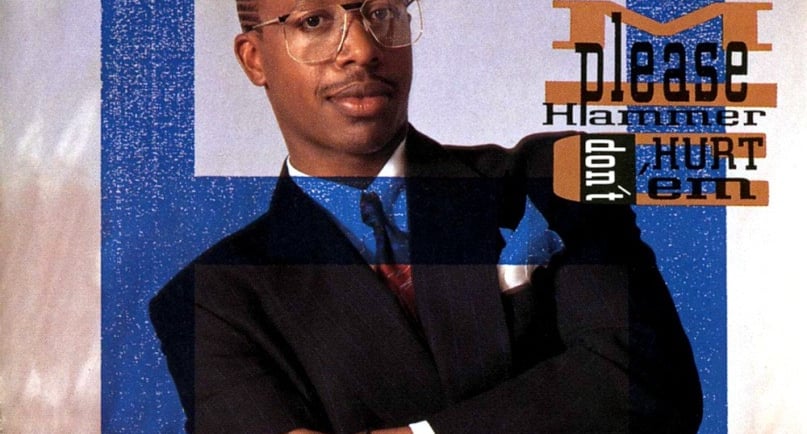The Sum Up: Please Hammer, Don’t Hurt ‘Em by MC Hammer
Released February 12, 1990
2/12/20252 min read


The Sum Up: Please Hammer, Don’t Hurt ‘Em by MC Hammer
In 1990, hip-hop underwent a seismic shift. The raw, street-centric narratives of the late ‘80s were making room for a more accessible, dance-friendly era, and MC Hammer was at the forefront. His third studio album, Please Hammer, Don’t Hurt ‘Em, wasn’t just a commercial success—it was a phenomenon. With its polished production, heavy sampling, and undeniable charisma, this album transformed Hammer into a household name and brought hip-hop to audiences that had never engaged with the genre before.
The Sound & Hip-Hop Influence
MC Hammer’s approach to rap was different—he blended hip-hop, funk, and pop, making his music irresistible for radio and mainstream audiences. He wasn’t about street storytelling or aggressive lyricism; instead, he focused on making music that people could dance to. The album leaned heavily on samples, most notably from classic funk records, giving it a nostalgic yet fresh appeal.
While some hip-hop purists criticized Hammer for being “too commercial,” there’s no denying that his sound opened the floodgates for rap to dominate the MTV generation. The fusion of hip-hop with high-energy stage performances, choreographed routines, and flashy visuals became a blueprint for future artists looking to crossover into the mainstream.
The Hits & Standout Tracks
• “U Can’t Touch This” – The juggernaut single that turned MC Hammer into a global superstar. Built on a sample of Rick James’ “Super Freak,” it became an inescapable anthem, dominating radio, TV, and pop culture.
• “Pray” – Another massive hit, sampling Prince’s “When Doves Cry,” blending hip-hop with gospel elements, showcasing Hammer’s feel-good, motivational energy.
• “Have You Seen Her” – A remake of the Chi-Lites classic, proving that Hammer could expand beyond hip-hop and into R&B crossover territory.
• “Here Comes the Hammer” – A high-energy track reinforcing Hammer’s larger-than-life personality.
Certifications & Commercial Impact
• Please Hammer, Don’t Hurt ‘Em was the first hip-hop album to go Diamond, selling over 10 million copies in the U.S. alone.
• The album spent 21 weeks at No. 1 on the Billboard 200 chart—an unprecedented run for a rap album at the time.
• “U Can’t Touch This” won two Grammy Awards and remains one of the most recognized hip-hop songs ever.
The Cultural Impact
MC Hammer made hip-hop fun, breaking barriers and introducing rap to suburban and global audiences who had never fully embraced the genre. His flashy persona, signature dance moves, and marketing genius—spawning Hammer pants, Pepsi commercials, and even a cartoon series—made him one of the first rap superstars.
However, his success also came with backlash from hardcore hip-hop fans, who felt his style was too commercial and watered down. Despite this, Hammer’s influence paved the way for future artists like Will Smith, Flo Rida, and even Drake, proving that hip-hop could be both lyrically engaging and widely accessible.
Verdict
Please Hammer, Don’t Hurt ‘Em wasn’t just an album—it was a cultural event. It changed how rap was marketed, consumed, and performed, making it one of the most impactful hip-hop releases of all time. Whether you love him or not, MC Hammer changed the game, and Please Hammer, Don’t Hurt ‘Em remains a defining moment in rap history.
